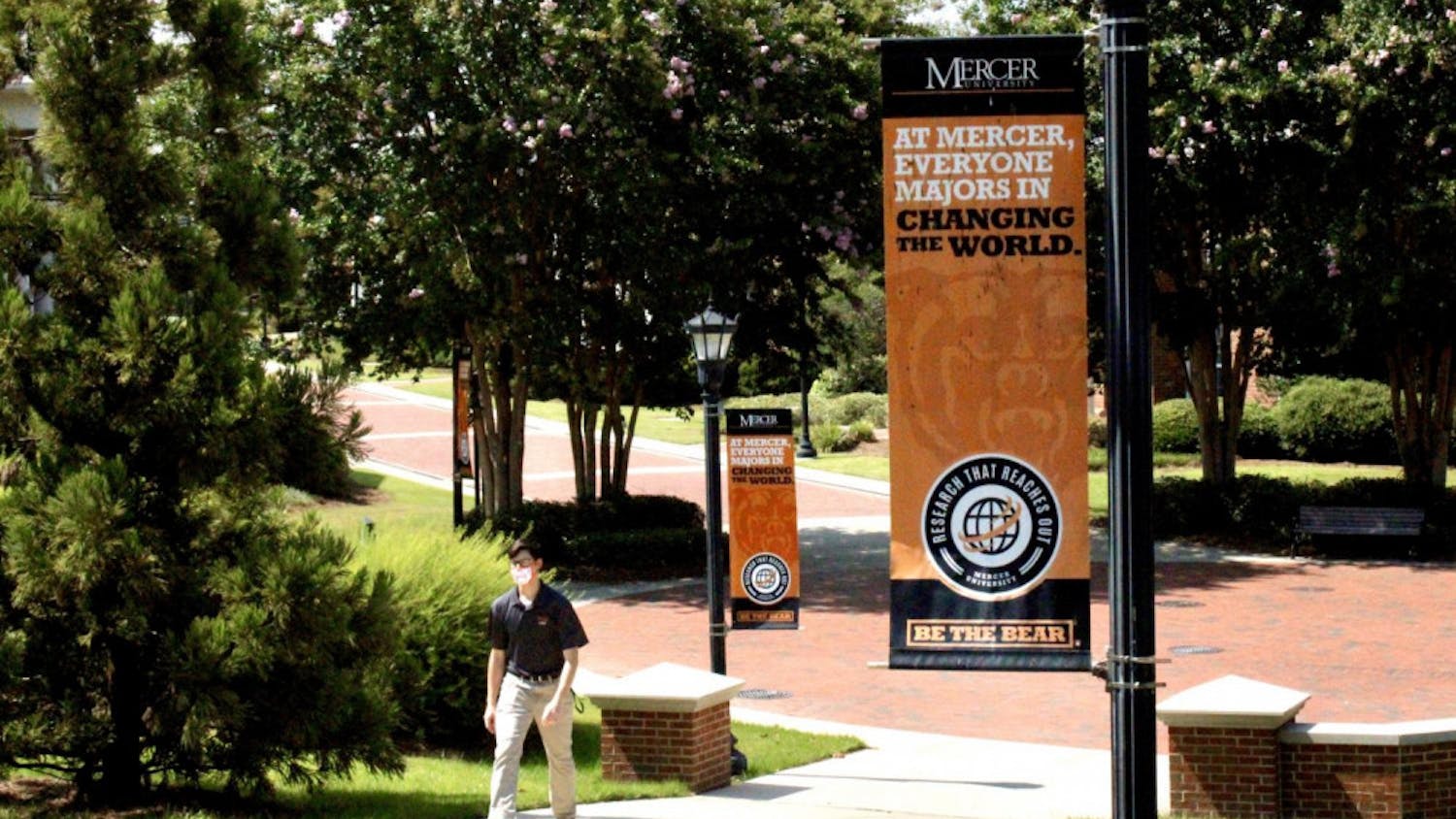This is an opinion article. Any views expressed belong solely to the author and are not representative of The Cluster.
Famous feminist writer and progressionist Hilary Neroni once wrote that progress cannot exist without contradiction. A famous example of such a contradiction comes at the Cannes Film Festival in 2015 when Hollywood recognized its need to include women, especially women of color, filmmakers. They made a whole panel to discuss the issue and show their progressiveness.
The catch?
Only women who wore high heels could enter the panel. Any woman wearing flats was turned away, and this shows how progress on a seemingly larger scale can exist while at the same time smaller levels of sexism or racism are still enforced.
This contradiction shows up here. While many measures to educate students have been undertaken by Mercer — such as the Diversity and Inclusion office — smaller issues of racism and discrimination still exist within the system of education, and they need to be addressed.
I want to be clear that the Diversity and Inclusion Office is an excellent resource for students. Director Ansley Booker and the staff are always ready to help students and are a powerful resource on all matters of social justice education.
Students should always feel comfortable to go to this outlet for help and education on the process for reporting issues of discrimination or simply bringing up matters that need to be addressed. The office of Diversity and Inclusion is located in the Connell Student Center and can be contacted by going to their website or by phone at (478) 301-2856.
However, reports of discrimination and other issues go directly up the ladder to other institutions at Mercer, such as the Dean of Students or Human Resources, and the office itself cannot institute policy change in order to deal with many issues that need to be changed.
Because of this, students must petition directly to the administration for policy changes or other forms of action against smaller issues that affect them.
This means that while the office and other measures to create a space for students are incredibly useful and extremely important, the administration of the university needs to do a better job of focusing on the culture and environment for diversity on campus.
I want to interject here and address my own shortcomings of my identity while writing this article. I am a white straight female, and I cannot possibly understand the full scale of diversity at Mercer because I still benefit from how the system functions around me. For this reason, I have interviewed a few students to add additional perspectives to this article.
One student who addresses this issue of performativity and unfairness in the system is Dakota Martinez, who believes that “Mercer’s diversity and inclusion is making progress, but we’re nowhere near where we need to be as far as making minority students truly feel safe and included on campus.”
Some students have even begun to take matters into their own hands, running campaigns for changes at Mercer to make all students feel welcome. One such initiative is the My Name Matters Campaign, which was started by Bekehm M. who was inspired by Anthony and Nicole Burford.
The initiative aims to implement a preferred name policy at Mercer. This means that databases like the class roster and student email would have a person’s chosen name and not their legal name, which for transgender people could be their “deadname,” or the name a transgender person was given at birth and no longer uses.
Bekehm states that this action is "the bare minimum for genderqueer people."
"We face heavy amounts of discrimination on the daily, and respecting our chosen names is the bare minimum that can be given to us," they said. "So it's time for Mercer to respect its queer students and provide us with this policy, which would make our experience [at Mercer] more positive and safe. I want to be a proud Mercerian, but I need to know my college supports its queer students."
Booker of the Diversity and Inclusion office encourages students to take action like this.
“I want to encourage all of our students to continue to be allies, co-conspirators and advocates for causes that impact the student body," she said. "Change begins with them.”
Mercer staff and administration need to recognize these movements and concerns and work to create policy change at Mercer that will help students feel more comfortable in the classroom.
The university cannot claim to be a diverse campus if it is not willing to continually address issues within its system that allow for discrimination or misrepresentation to thrive. It is not enough to simply have diversity and inclusion, Mercer must foster meaningful relationships with its students and actually address issues that affect their identity and wellbeing.
Another student, SGA President Rylan Allen, said that diversity and inclusion to him is to "amplify all voices, particularly to those whose voices are often muted."
"At Mercer, being diverse and inclusive is to associate yourself with Mercerians who come from different walks of life," he said. "Step outside your comfort zone and meet new people who don’t share the same life experiences that you do. Mercer has come a long way from integration in the 1960s, and I do commend the university’s efforts to make all students feel safe and welcomed. However, there are always improvements that can and need to be made.
"We should have more forums and safe spaces that allow students to voice their concerns and actually feel listened to. Oftentimes, I hear that students do not know who to talk to when they have specific concerns and that is alarming. Let’s open that door for discussion. We all major in changing the world, and that includes our university.”
Mercer University is a place of growth, education, experience and development. The student body upholds these values, and the administration should be expected to as well. Students of all identities should feel welcome and valued here.




